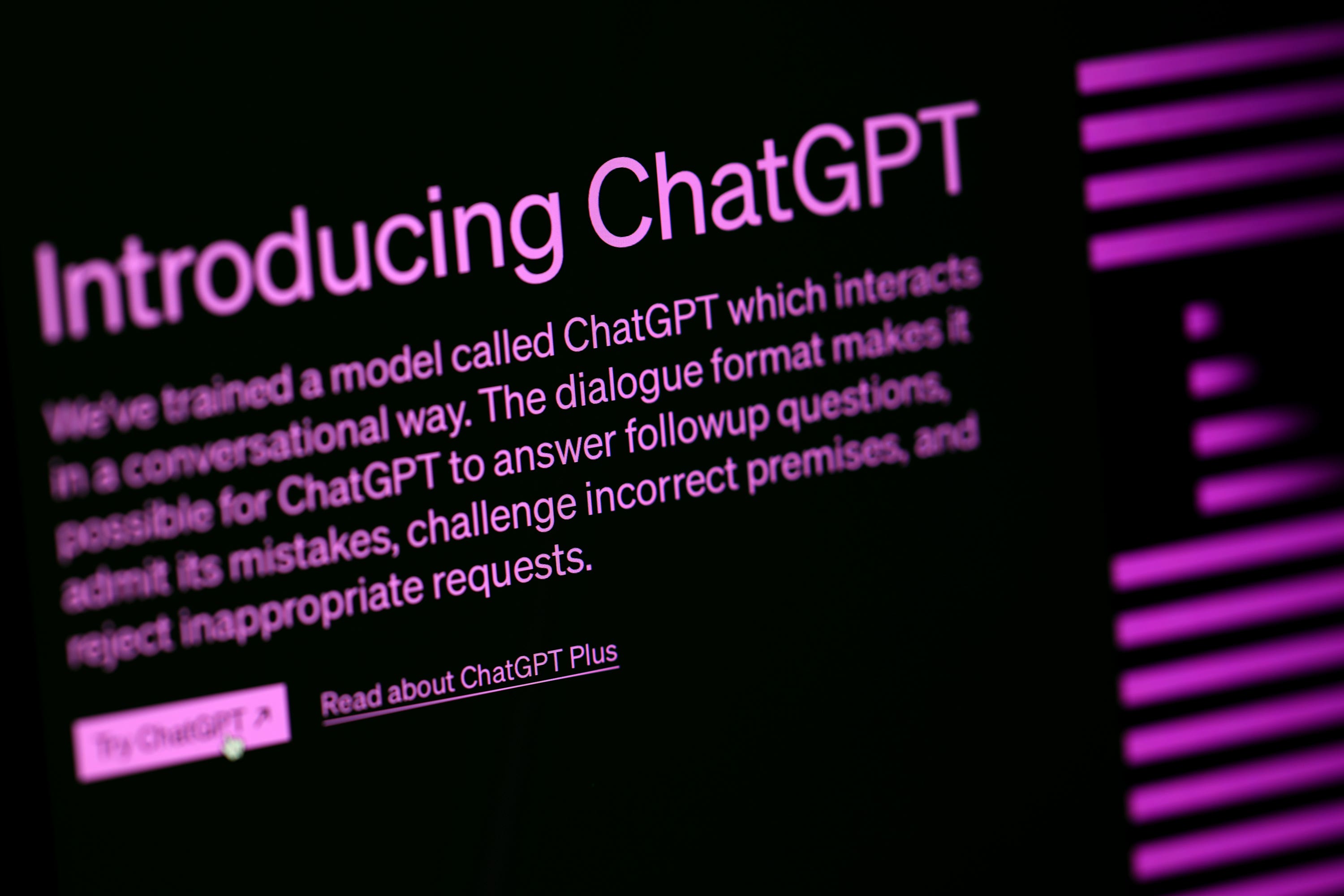Young people the biggest users of generative AI, Ofcom study shows
The telecoms and online safety regulator has released its latest Online Nation figures on UK internet users’ habits.

Teenagers and children are far more likely than adults to have used generative AI, according to Ofcom’s latest research into the UK’s online habits.
The regulator said its latest study showed that four in five (79%) online teenagers aged 13-17 now use generative AI tools – which includes chatbots such as ChatGPT, with 40% of those aged 7-12 also using the technology.
Generative AI is capable of creating text, images or other media using learned behaviour.
In contrast, Ofcom said only 31% of adult internet users had used the technology – and among the 69% who had never used it, 24% did not know what it was.
As online safety regulator, we’re already working to build an in-depth understanding of the opportunities and risks of new and emerging technologies, so that innovation can thrive, while the safety of users is protected
OpenAI’s ChatGPT was named the most widely used generative AI tool by those in the study, with 23% of those aged 16 and above saying they used it.
When asked why they use the technology, the majority of those aged 16 and over said for fun (58%), a third said they used it for work, and a quarter said they used it to help with their studies.
In addition, 22% said they had used it for seeking advice.
Yih-Choung Teh, Ofcom’s group director of strategy and research, said: “Getting rapidly up to speed with new technology comes as second nature to Gen Z, and generative AI is no exception.
“While children and teens are driving its early adoption, we’re also seeing older internet users exploring its capabilities, both for work and for leisure.”
“We also recognise that some people are concerned about what AI means for the future.
“As online safety regulator, we’re already working to build an in-depth understanding of the opportunities and risks of new and emerging technologies, so that innovation can thrive, while the safety of users is protected.”
Elsewhere in Ofcom’s study, it said it had found that more than a fifth of those aged 8-17 had a social media profile with a false age of 18 or over, putting them at greater risk of encountering potentially harmful content.
It also showed that YouTube had replaced Facebook as the most visited platform by UK adults, according to data gathered during Ofcom’s sample month of May 2023.
The report also showed that two-thirds of adults reported they had seen or experienced potential online harms in the previous four weeks, with over a third saying this had appeared on their personalised social media feed, where content is tailored to users by a platform’s algorithm.
Bookmark popover
Removed from bookmarks